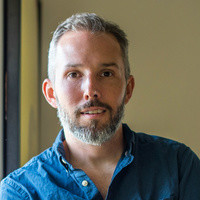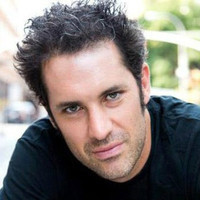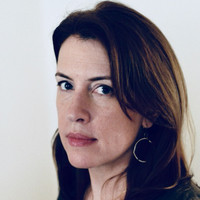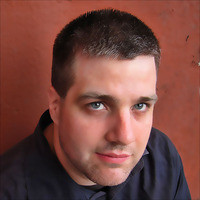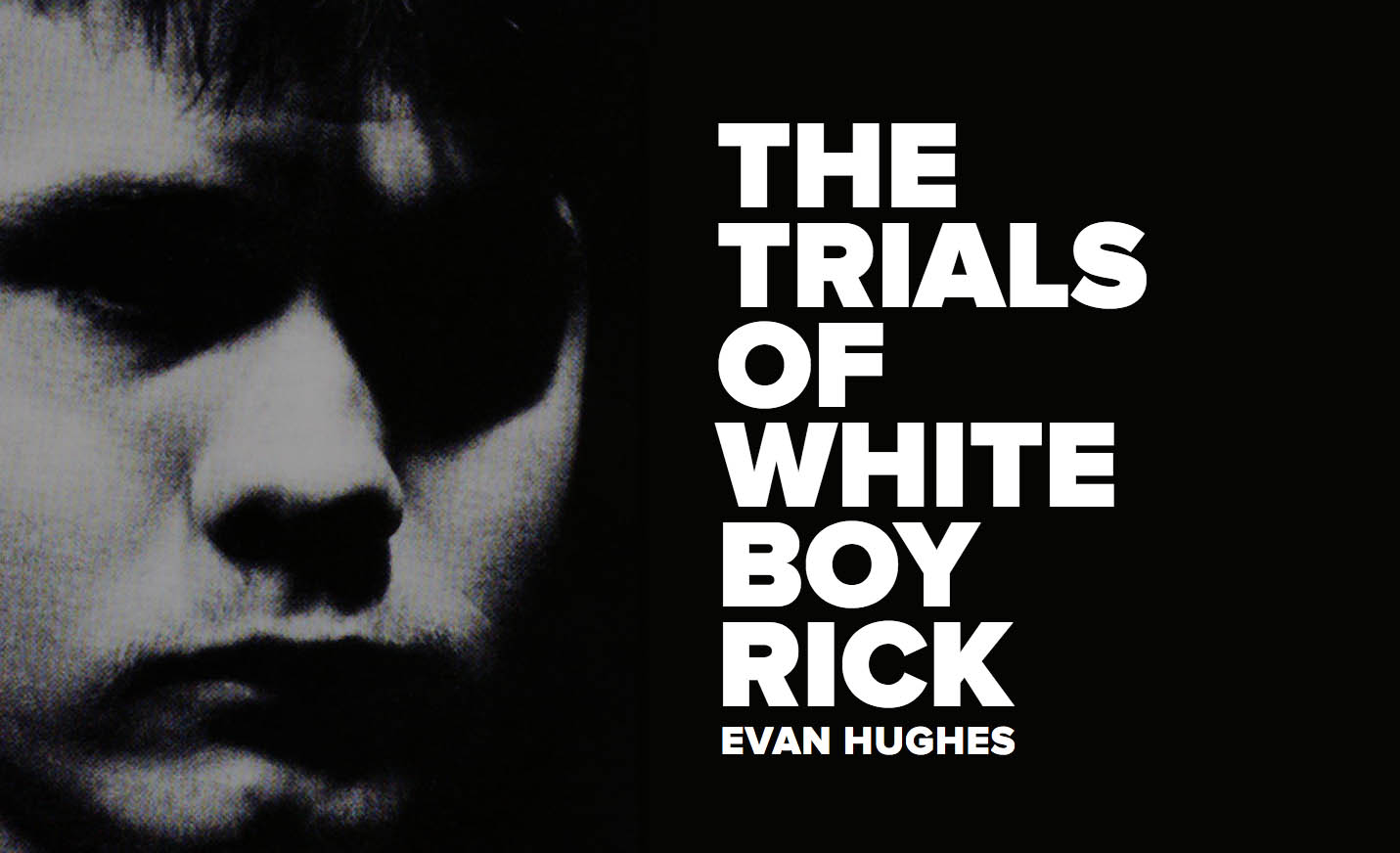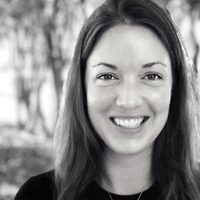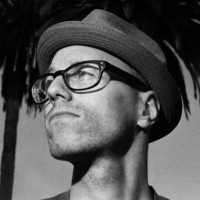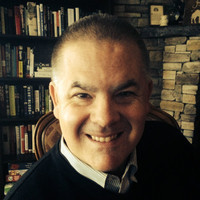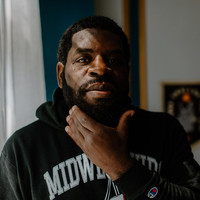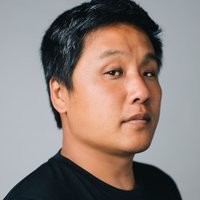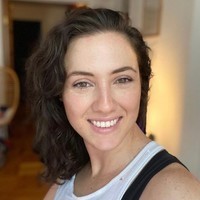“About the Real World…I’ll Be Blunt. We Broke It.”
Speaking to a group that started their college lives in September, 2001, the host of The Daily Show embraces how difficult the real world is:
I want to address is the idea that somehow this new generation is not as prepared for the sacrifice and the tenacity that will be needed in the difficult times ahead. I have not found this generation to be cynical or apathetic or selfish. They are as strong and as decent as any people that I have met. And I will say this, on my way down here I stopped at Bethesda Naval, and when you talk to the young kids that are there that have just been back from Iraq and Afghanistan, you don’t have the worry about the future that you hear from so many that are not a part of this generation but judging it from above.


